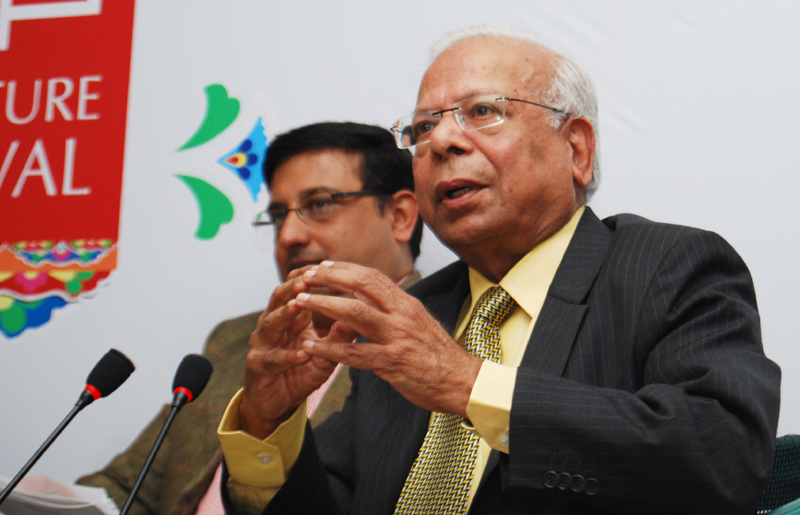
He pointed out that Sindh was ahead of the other three provinces in per capita income after the partition by 55% in 1955, 30% in 1990, 15% in 2014-15 but in 2019 the province was lagging behind all others.
"This is a shocking picture, we need to flip this phenomenon," remarked Husain while speaking at an interactive panel discussion on the book "The Economy of Modern Sindh: Opportunities Lost and Lessons for the Future" on Friday.
The adviser said Sindh was resource rich with clear comparative advantages of having seaports, human resources talent, intellectual property pool, large tracts of irrigated land, natural gas and coal reserves and a dynamic private sector, but all to no avail because of its lack of knack to exploit those resources according to their true potential.
Senate Committee takes major decisions on institutional reforms
He said urban-rural disparity, little ratio of female education, low female participation in labour force, absence of cottage industry, small-scale market economy and paucity of micro-economic sector ie dairy, fisheries, poultry, livestock, fertiliser and horticulture were the causes behind the socio-economic deterioration in Sindh.
The adviser recommended immediate policy action and interventions as a panacea for these ailments.
Husain was of the view that merely writing a book on the economy of Sindh was not enough as it was essential to build upon the book in the form of holding critical discourse on its contents among the academia and students.
He said the Sindh government did not have a tangible evidence base, upon which it could formulate policy frameworks; and there was no narrative in existence, upon which a critical discourse based on reason, rationality, logic, facts and evidence could be set into motion.
Similarly, he said there was no trigger material at hand to serve as impetus to encourage the writing of more books on the economy of Sindh by dealing separately with each subject. "Our book fills all these gaps," remarked Husain, who was also a former governor of the State Bank of Pakistan.
University of Sindh Vice Chancellor Professor Dr Fateh Muhammad Burfat argued that economic uplift would not be possible without women joining the national workforce as they were a big part of the population in the country.
He announced that the varsity's commerce and business students would be sent to cottage industrial units in small towns with a view to examining their problems and growth prospects.
Published in The Express Tribune, November 16th, 2019.
Like Business on Facebook, follow @TribuneBiz on Twitter to stay informed and join in the conversation.
1722510908-0/jax-(1)1722510908-0-405x300.webp)






1725265621-0/Untitled-design-(24)1725265621-0-270x192.webp)



1725083820-0/Untitled-design-(24)1725083820-0-270x192.webp)
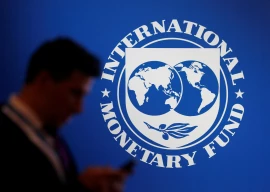
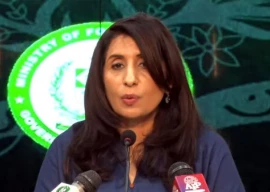
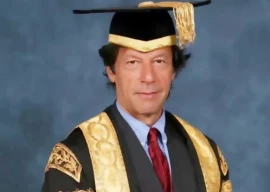
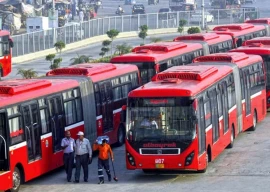
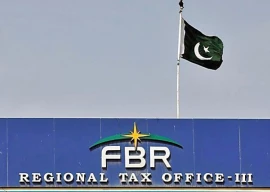






COMMENTS
Comments are moderated and generally will be posted if they are on-topic and not abusive.
For more information, please see our Comments FAQ